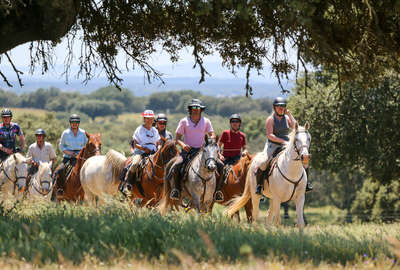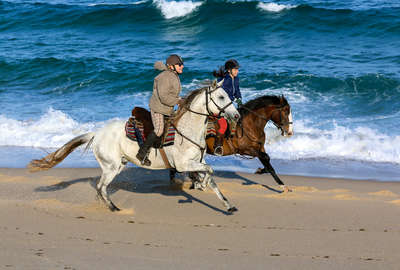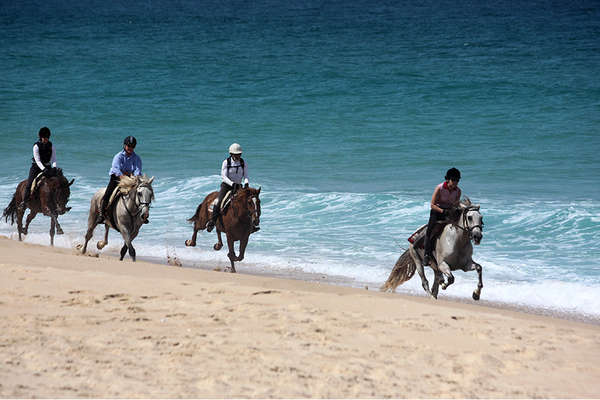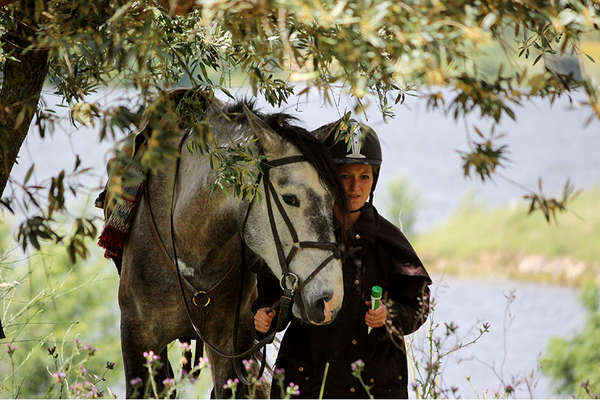Please refer to your home country's Foreign Office website for up-to-date information. This section predominantly refers to UK citizens, and advice can vary depending on your nationality. Although we endeavour to keep this section updated, requirements can change quickly, and your home country's Foreign Office website takes precedence.
From November 2024, the new EU Entry/Exit System (EES) will start for all non-EU nationals travelling in or out of the Schengen area.
The EES is a digital border system which registers non-EU visitors travelling into the Schengen area instead of stamping their passports.
You will need to have your fingerprints and your photo taken when entering and exiting the Schengen area.
You may experience longer queues at borders when the new system starts. You can read more information
here.
British citizens: other nationalities, please contact us.
Visas - you should be aware that the rules for travelling or working in European countries changed on 1 January 2021:
- you can travel to countries in the Schengen area for up to 90 days in any 180-day period without a visa. This applies if you travel as a tourist, to visit family or friends, to attend business meetings, cultural or sports events, or for short-term studies or training
- if you are travelling to Portugal and other Schengen countries without a visa, make sure your whole visit is within the 90-day limit. Visits to Schengen countries within the previous 180 days before you travel count towards your 90 days
At border control for Portugal, you may need to:
- show a return or onward ticket
- show you have enough money for your stay, and
- use separate lanes from EU, EEA and Swiss citizens when queueing
- Your passport may be stamped on entry and exit.
Passport validity
From 1 January 2021, you must have at least 6 months left on an adult or child passport to travel to most countries in Europe (not including Ireland).
If you renewed your current passport before the previous one expired, extra months may have been added to its expiry date. Any extra months on your passport over 10 years may not count towards the 6 months needed.
Check your passport is valid for travel before you book your trip. You will need to renew your passport before travelling if you do not have enough time left on your passport.
UK Citizens: A UK
Global Health Insurance Card (GHIC) gives you the right to access state-provided healthcare during a temporary stay in the European Union (EU).
It’s important to take out appropriate travel insurance for your needs. A GHIC or EHIC is not an alternative to travel insurance and you should have both before you travel. It does not cover all health-related costs, for example, medical repatriation, ongoing medical treatment and non-urgent treatment.
There are state health centres throughout the country (generally open from 0800 to 2000) where you can receive treatment for minor ailments and injuries, and major emergency hospitals in large towns which remain open throughout the night.
Even though pharmacies are well stocked, take a decent supply of medication with you, and be aware pharmacies are usually closed for two hours over lunchtime. Carry a legible prescription with you to show that you legally use the medication. If you wear glasses, take a spare pair and your prescription just in case you need to get new glasses made up quickly.
Vaccination against hepatitis B is sometimes recommended.
It is a condition of your booking with Equus Journeys that you have travel insurance which covers you for the riding activities to be undertaken. Your travel insurance should cover you for medical expenses and repatriation. Your guides will require your travel insurance details before they allow you to ride and may refuse to let you ride if you cannot provide them. You should take your insurance documents with you.
230 volts AC, 50Hz. Continental two-pin plugs are in use.
Portugal has adopted the Euro (EUR, symbol: €) as its official currency. One Euro is divided into 100 cents, which is sometimes referred to as eurocents, especially when distinguishing them with the US cents.
Euro banknotes come in denominations of €5, €10, €20, €50, €100, €200, €500. The highest three denominations are rarely used in everyday transactions. All Euro banknotes have a common design for each denomination on both sides throughout the Eurozone.
The Euro coins are 1 cent, 2 cents, 5 cents, 10 cents, 20 cents, 50 cents, €1 and €2. Some countries in the Eurozone have law which requires cash transactions to be rounded to the nearest 5 cents. All Euro coins have a common design on the denomination (value) side, while the opposite side may have a different image from one country to another. Although the image side may be different, all Euro coins remain legal tender throughout the Eurozone.
The dialling code for Portugal is +351
The time zone is GMT +1















